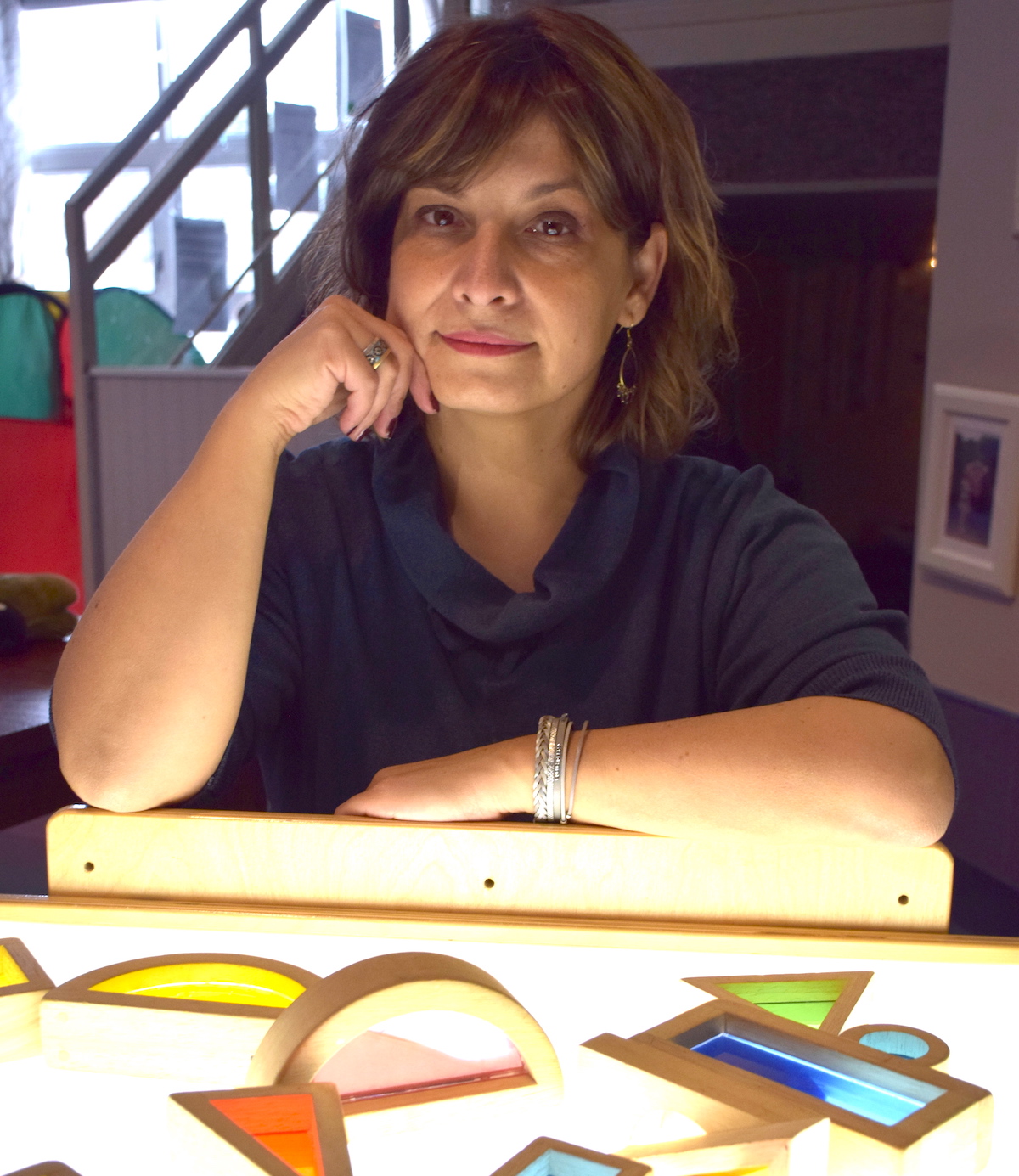
Early learning centres are where kids often go to learn and play, but they’re also where kids can pick up illness. Now, a University of Guelph team has begun a research project to try to determine the best ways to prevent these infections using mathematical modelling.
“This project really began from my frustration as a parent, noticing my child was always getting ill and consequently being told to stay home, me along with him,” said the project’s lead, Prof. Monica Cojocaru, Department of Mathematics and Statistics.
“I wondered if there might be better ways to figure out how to prevent more of these illnesses.”
Cojocaru approached the U of G Child Care and Learning Centre (CCLC), where her child is enrolled, with an idea: use mathematical modelling to test the effectiveness of illness reduction methods.
The innovative research received coverage in the Toronto Star.
The pairing of math and illness prevention is nothing new; modelling is often used to estimate the effectiveness of medical interventions such as vaccines in large populations, for example.
The first step to understanding how infections spread in a child-care centre requires mapping out typical contact patterns of the children among themselves and with staff and/or surfaces.
Cojocaru and her students will work with CCLC director Valerie Trew and researchers from Sanofi Pasteur Canada to build a virtual scale model of a child-care facility, mapping it onto the centre blueprints and adding known movement and contact patterns.
This will be a challenge, since kids move in unique ways at different stages in their development.
“They run everywhere, they bump into things and other kids, they roll on the floor, they put things in their mouths. So, in this environment, we can’t assume a rational element of behaviour in their movements,” said Cojocaru.
The team will then simulate the introduction of several pathogens into their scale model, such as rotavirus, flu virus, respiratory syncytial virus and norovirus. Some of these pathogens travel in the air, some spread through one-on-one contact, and some contaminate surfaces.
Project partner Sanofi Pasteur, the leading supplier of vaccines in Canada, will provide information about behaviour of prevalent viruses to help estimate probabilities of transmission and the likely efficacy of different prevention methods.
Sanofi Pasteur’s funding is being matched by the Natural Sciences and Engineering Research Council under a Collaborative Research Grant.
“Sanofi is excited to be collaborating with Prof. Cojocaru and the University of Guelph on this project. We believe this research will lead to a deeper understanding of how infectious diseases spread in child-care centres. This will help parents, child-care employees, public health and vaccine companies to enhance and improve how we better protect children in child-care centres against infectious diseases,” said Dion Neame, medical chair of Sanofi Canada.
The team will study prevention methods including medical interventions, such as encouraging child-care staff to get the flu vaccine, and non-medical interventions, such as cleaning surfaces or floors more often.
The effectiveness of non-medical interventions in child-care centres is poorly understood, especially in combination with other prevention techniques, Cojocaru said.
“With this study, we will be able to quantify the effect that extra infection control measures have, because we want to know just how effective each intervention could be on its own and in combination with other measures.”
Infection outbreaks take a toll on child-care centres. Not only do they require extra sanitizing measures and sometimes the need to replace sick staff on short notice, but outbreaks also put children at risk and restrict their activity while at the centre.
What’s more, infections often pass along to children’s families, resulting in lost work productivity for parents and extra burdens on caregivers.
The team hopes to learn more about what measures work or not to stop infection spreads in child-care centres.
Contact:
Prof. Monica Cojocaru
mcojocar@uoguelph.ca